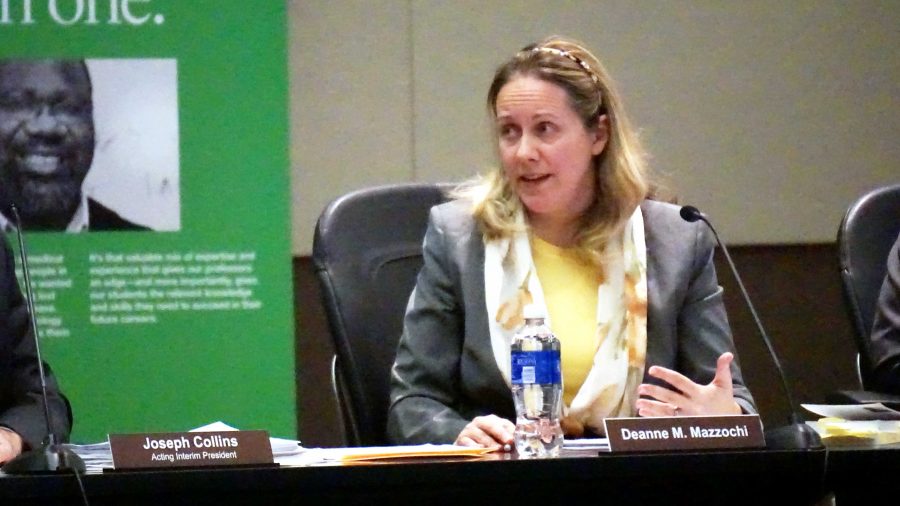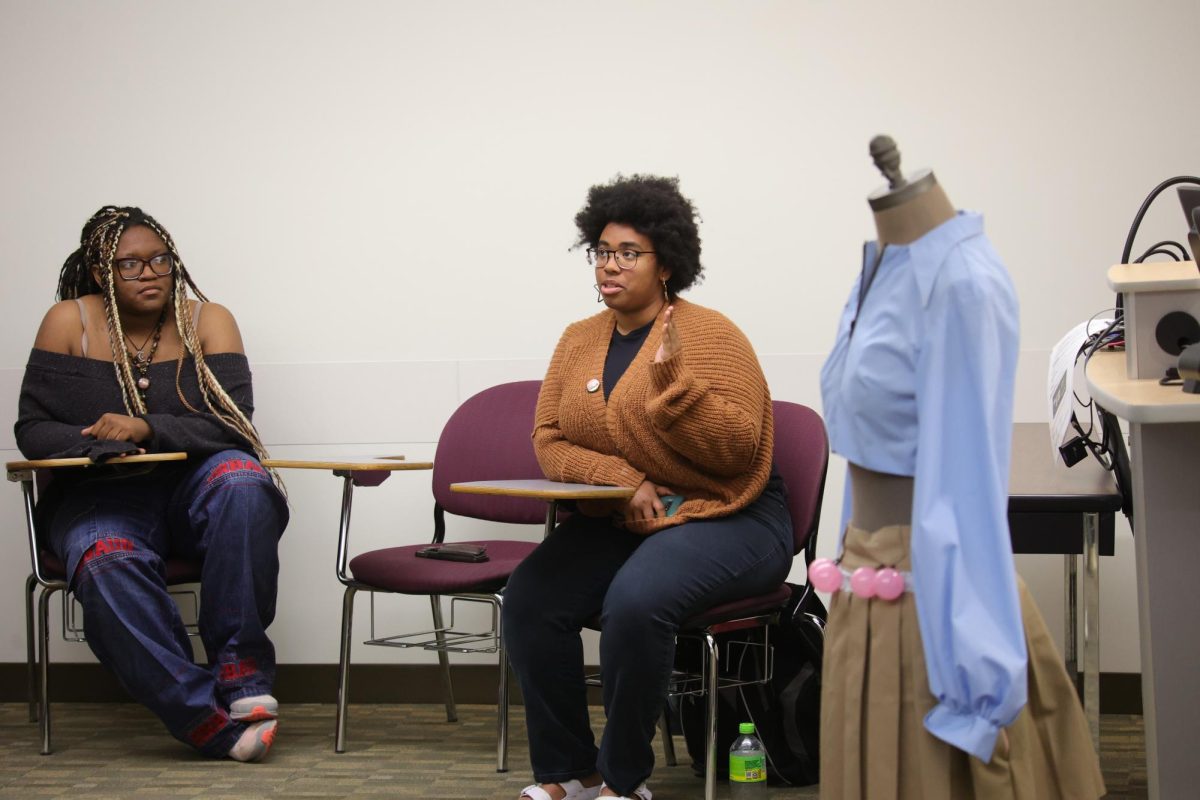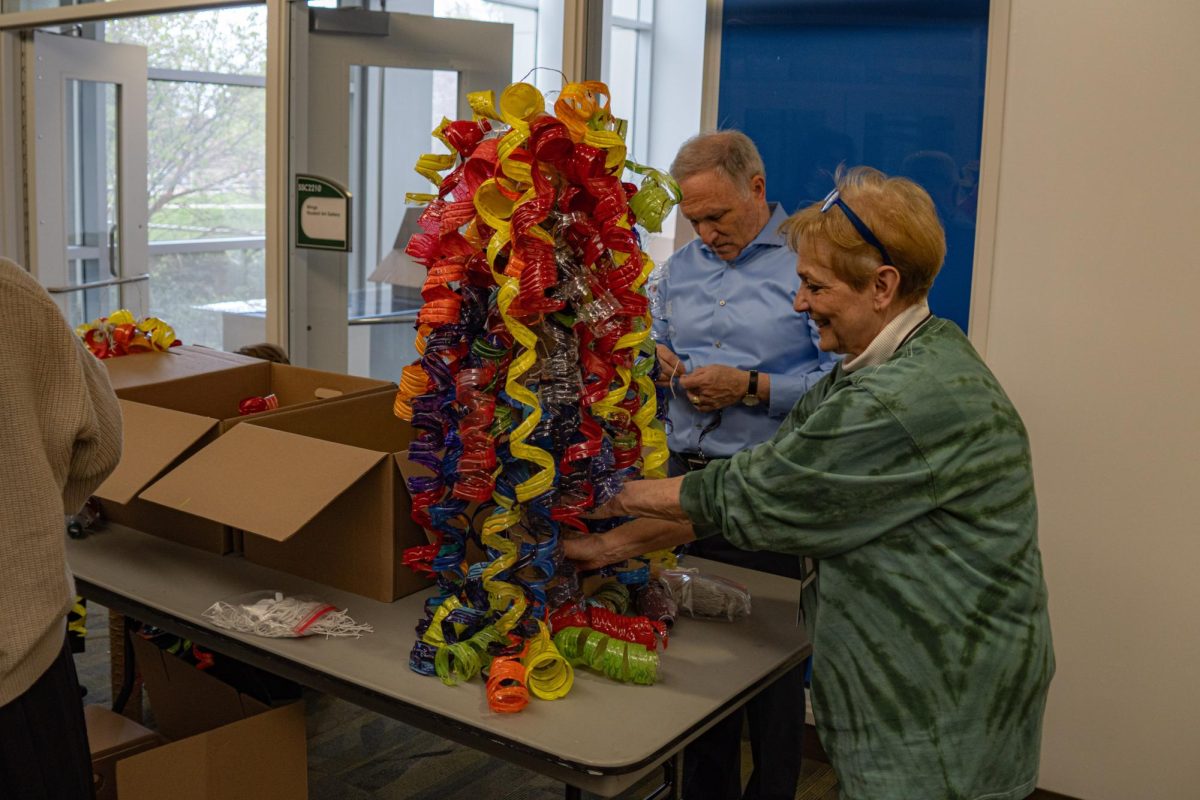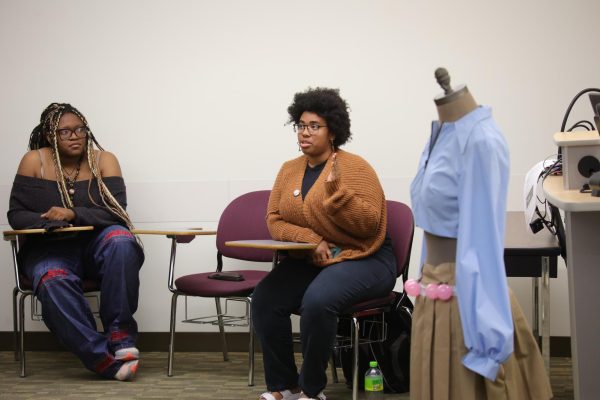Springfield’s budget chaos forces COD to make a decision about tuition rates
February 15, 2017
Facing a budget crunch, the College of DuPage’s board of trustees may decide to balance the books by raising tuition at the start of the college’s next fiscal year. Trustees debated the impact of a tuition increase at the Feb. 9 regular board of trustees meeting.
Currently, the college generates $10 million more in income from property taxes than tuition, a figure that has been the reverse in recent years.
This is coupled with the state’s failure to make appropriated payments to the college in the absence of a state budget.
The state’s budget limbo will compel the college to make a decision before the draft budget for the next fiscal year is brought before the board at its next meeting.
To account for the revenue shortfall, the budget committee and relevant college personnel will draft three proposals to be presented to the board of trustees for a vote.
The first option is to take money from the college’s “rainy day” account, the second would be a proposed tuition increase, and the third would be a proposal that synchronizes the first two options.
A current projection made in conjunction with enrollment estimates suggest a $1 dollar increase will bring in about $500,000 in revenue. Tuition was increased by $4 dollar in Feb. 2014. The board then lowered tuition by $5 per credit hour the following year.
The college’s budget usually shows projections from the three main sources of revenue. This necessitates an idea about the shape of expected revenue before the budget is passed.
“We need to have a resolution ready by the next board meeting to determine the fall tuition rates,” said Kim Michael-Lee, interim vice president, administration, and treasurer.
The budget committee chairman Frank Napolitano expressed his dissatisfaction over the meager “five to six percent” contribution from the state over recent budget years. This is far below what the college expects. He wants to bridge the gap between revenue generated from property tax and from tuition.
“We have about a $10 million dollar delta between what the students are paying versus what the taxpayers are paying for the college to operate,” said Trustee Napolitano.
The college is also concerned about how its enrollment status will change if there is an increase in tuition. Board chairwoman Deanne Mazzochi said that one of the reasons why students attend COD is because it is affordable.
“If you increase tuition by $4, you are now putting us in excess per credit hour of our neighboring competitors,” said Mazzochi.
There were suggestions to increase fees and leave tuition untouched. But this was something that was swiftly shunned after the board felt it would’ve been dishonest to students.
The board will make a further decision at its March 16 meeting.

























